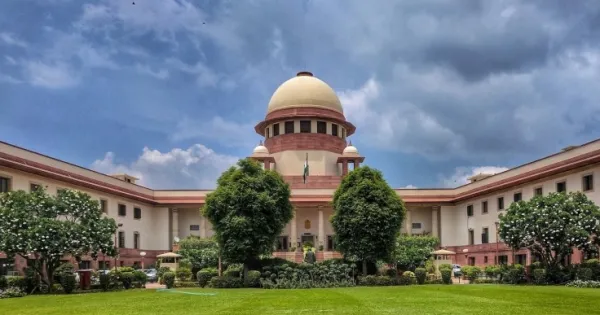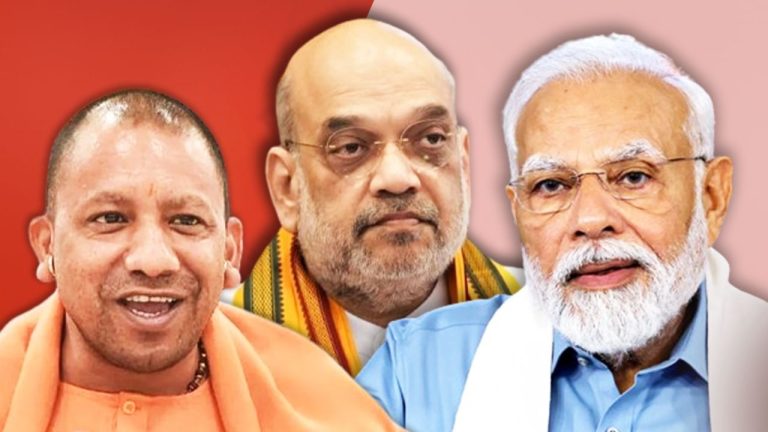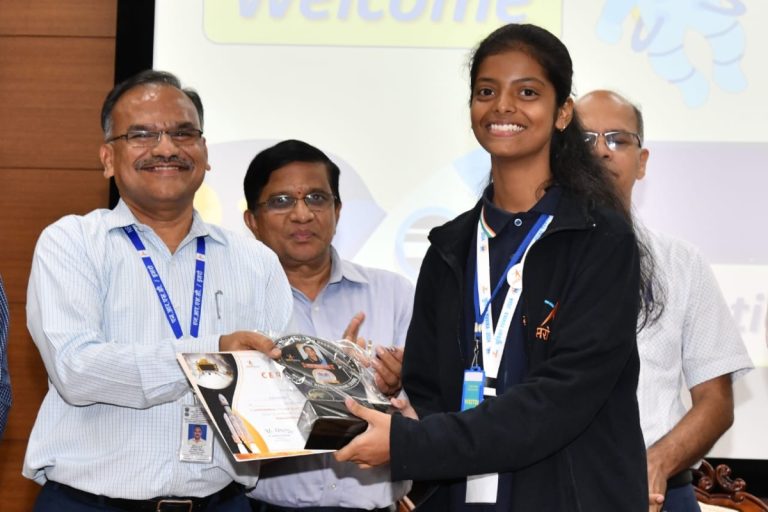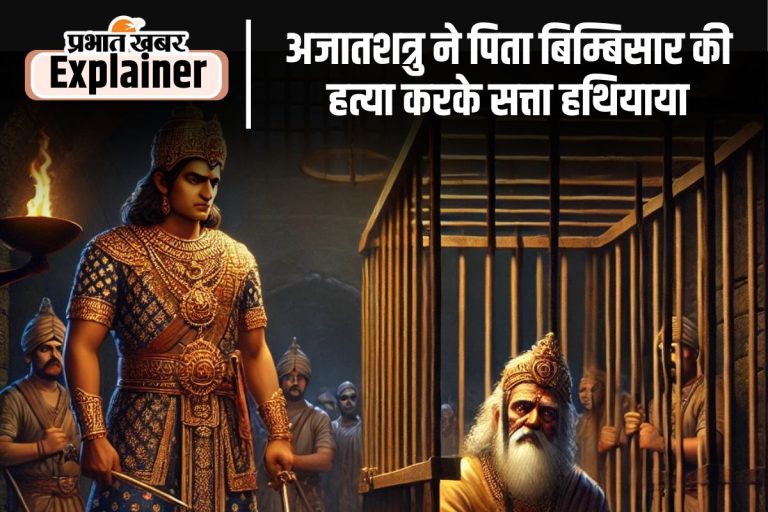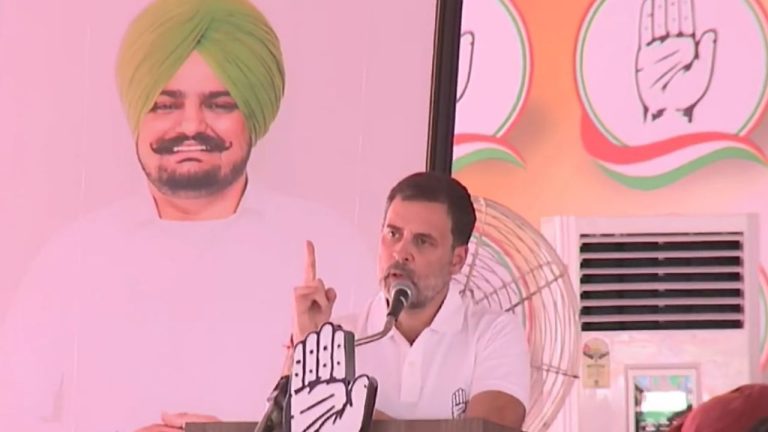Can states tax mineral rich land? The Supreme Court will deliver its verdict on July 25
Can state governments levy tax on mineral rich land? A 9-judge bench of the Supreme Court will decide on this question on July 25. The bench will be headed by Chief Justice DY Chandrachud. The court adjourned the case till March 14. The case has been pending in court for the past 25 years. The decision could have a severe impact on the tax revenues of Jharkhand, Odisha, Andhra Pradesh, Assam, Chhattisgarh, Madhya Pradesh and the mineral-rich northeastern states. The case was heard by a 9-judge constitutional bench of the Supreme Court. A hearing was held on 85 petitions related to imposition of taxes by states. The case was referred to this bench in 2011. Because there was a conflict between the five and seven judge bench judgments in this case. The Central Government filed an affidavit in the Supreme Court challenging the State Governments' imposition of higher tax than royalty on minerals. The Center has told the court that it has asked the states not to allow additional tax on royalty. The central government has told the court that taxes imposed by mineral-rich states will increase inflation. There will be restrictions on FDI in the mining sector. Indian minerals will become expensive. International markets will be less competitive due to increasing trade deficits and uneven economic growth among states. The Center works equally for all and is empowered to advance the national public interest by ensuring harmonious mineral development across the country rather than creating localized pockets of mineral development. An inconsistent fiscal regime would force mineral-poor states to purchase raw materials from mineral-poor states at higher prices. A uniform royalty tax fixed by the Center levels the playing field, thereby ensuring revenue generation for the states while encouraging domestic industry equally across the country.

